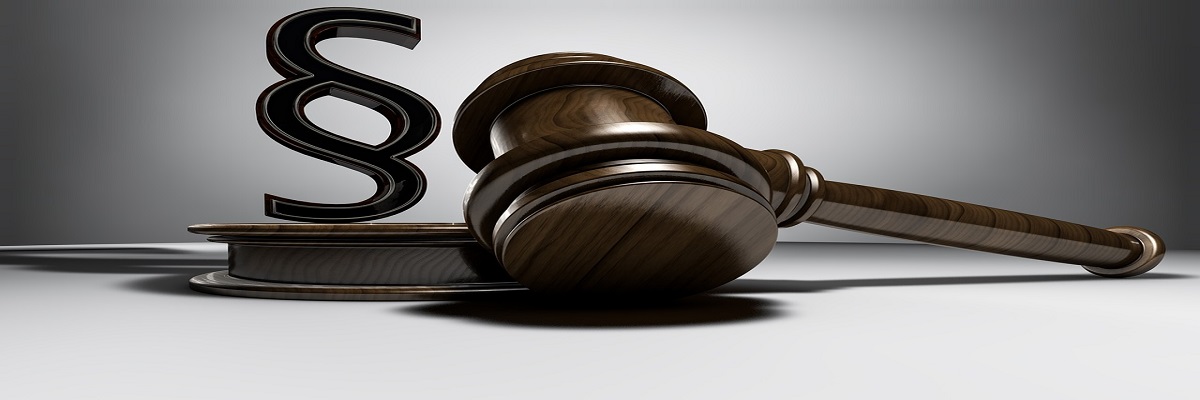Call: 888-297-6203
People struggling with debts often take refuge by filing for bankruptcy. While bankruptcy offers a chance to get rid of many types of debts, some debts may not be discharged even after getting a bankruptcy discharge. Lawsuit judgment may or may not be discharged depending on certain factors. Non-payment of dues often results in creditors filing a breach of contract in the court. Most of the unsecured debts like credit cards, medical bills, or personal loans might get discharged in bankruptcy. However, not responding to a creditor’s lawsuit can result in a default judgment against you.
A judgment against you can result in wage garnishments unless you file for bankruptcy. The automatic stay puts a hold on all collection actions, including wage garnishments, repossession, and foreclosure. Apart from this, you might also be able to get rid of the judgments against you. However, it must be kept in mind that judgments for nondischargeable debts such as alimony, child support, criminal fines, drunk-driving related debt, or some taxes cannot be discharged in bankruptcy. Apart from these, other debts that cannot be discharged include those for which the creditor has objected. This can be due to fraudulent activity or if caused with malicious intent.
What happens to judgment if there is a lien against the property?
It must be kept in mind that filing for bankruptcy does not automatically eliminate all judgment liens against you. This is especially true if your property has a lien against it. A creditor can use the judgment to get a lien against the property. In some states, obtaining a judgment automatically creates a lien. The judgment lien allows the creditor a right to your property; however, bankruptcy might be able to help you.
To stop the judgment lien, the original debt must be dischargeable. Then, you need to file a lien avoidance action with the bankruptcy court to remove the lien. If you fail to do so, you might lose your property even after a bankruptcy discharge. To remove the lien, partially or completely, you need to prove to the court that the judgment lien affects the equity in the property, which can be exempted. In that case, the property amount equal to the exemption is removed from the judgment lien. If the lien avoidance action is not taken, you can end up losing the property due to the creditor’s judgment lien.
While filing for bankruptcy can give you the desired fresh financial start, the process is extremely complicated, especially when judgment and property liens are involved. However, talking to an experienced bankruptcy lawyer can help you find the best way to keep your property. Call 888-297-6203 to discuss your options for bankruptcy filing with experienced bankruptcy lawyers in Los Angeles.

